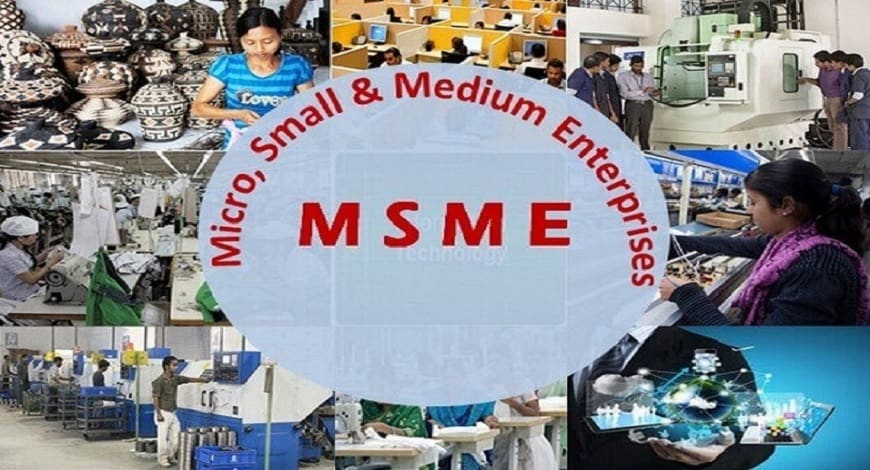The government’s intention is good, but there are good alternatives available that the authorities must explore to tackle this universal issue, according to the experts
To intensify its efforts to combat plastic pollution, Prime Minister Narendra Modi-led government has banned the manufacture, import, stocking, sale and use of identified Single-use plastic (SUP) items from July.
However, while the ban on SUP is to protect the environment, many are concerned that this move can affect the livelihood of employees in the affected micro, small and medium enterprises (MSME) units.
In this article, BW Businessworld analysed how this ban will impact the Indian plastic industry that provides employment to lakhs of people amid the combination of large-scale and small-scale units.
“Banning single-use plastic will majorly impact the MSME involved in the packaging business for the health and food industry as their consumption of plastic packaging is the highest. They will have to rely upon alternate materials which can replace plastics,” said Rajan Raje, CEO, Nichem Solutions.
Raje cited examples of paper, cloth, jute, glass and aluminium and said that these materials are not viable for every packaging application due to their limited strength, high transportation cost etc.
“Thus, if the final packaging is not affordable to MSMEs, they have no option but to exit the business. This will ultimately impact the national economy as MSMEs contribute to around 33.4 per cent share in manufacturing GDP & are the backbone of our economy,” said Raje.
According to a report by the Housing and Urban Affairs Ministry, the global consumption of plastic is around 28 kg, while India’s consumption adds up to only 11 kg. Also, Central Pollution Control Board (CPCB) report 2019-20, every year India generates about 3.5 million metric tonnes of plastic.
“Ban on SUP is giving space for alternatives of banned items and people may shift their demand from single-use plastic to its alternatives and in that case waste generation rate will remain same and pressure on municipal bodies will remain same and the biggest challenge would be to deal with the alternatives,” said Ashish Jain Founder Director IPCA.
The global plastic industry is valued at USD 522.6 billion and grew from two million tonnes in 1950 to 348 million tonnes in 2017, as per the United Nations Environment Program.
Globally, about 400 million tonnes of plastic waste is generated by the industries and mostly the packaging industry. The Federation of Indian Chambers of Commerce and Industry said that 40 per cent of the packaging needs to be fulfilled using plastic.
“Ban on single-use plastic has both sides of the coin. It may have a positive impact on our environment if enforced successfully and it may also impact the industries and retailers with respect to financial and infrastructure loss,” Jain said.
As per AIPMA records, about 88,000 units across the country are engaged in manufacturing single-use plastic.
Experts noted that banning single-use plastic may shut down these industries and render lakhs of people jobless instantly. This may be detrimental to the people who are dependent on this industry for their basic needs. From a people and economic viewpoint, this would be difficult to handle.
“Use of biodegradable polymers is talked upon a lot by experts to solve the issue of plastic pollution. However, these are not environmentally friendly and sustainable. They will increase the input cost of MSMEs to a considerable extent. Instead, if Depolymerisation Additives are used in flexible packing, the cost impact is minimal and all applications will remain unaffected. Hence the manufacturers, mainly the MSME, will survive,” Raje said.
Packaging 360 is a comprehensive knowledge sharing ecosystem for the Indian packaging industry. Our services include an online content platform to deliver news, insights and case studies; organising conferences seminars and customised training; Providing Bespoke Project Consulting, Market Research and Intelligence.







